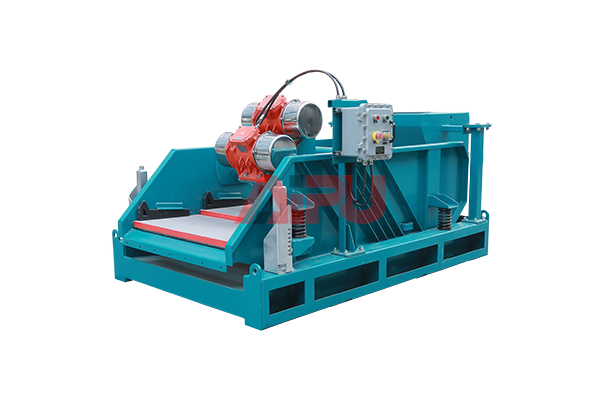Understanding the Operating Principle of Solids Control Equipment
Solids control equipment plays a crucial role in drilling operations, ensuring efficient separation and removal of unwanted solids from drilling fluids. The operating principle revolves around a series of mechanical processes designed to maintain fluid integrity and optimize drilling performance.
The first stage involves the solids control equipment receiving the drilling fluid mixture, which contains cuttings, sand, and other debris. This mixture passes through a shale shaker, where vibrating screens separate larger particles from the fluid. The screens' mesh size determines the cut point, allowing only properly sized particles to pass through.
Following the shale shaker, the fluid moves to desanders and desilters. These hydrocyclones use centrifugal force to remove finer particles. The heavier solids are forced outward against the walls of the cone and exit through the bottom, while the cleaned fluid rises through the center. This stage typically removes particles ranging from 15 to 74 microns.
For even finer separation, centrifuges come into play. These high-speed rotating machines separate particles based on density differences, removing ultra-fine solids that other equipment cannot capture. The decanting centrifuge is particularly effective for weighted mud systems, recovering valuable barite while discarding harmful low-gravity solids.

Modern solids control systems often incorporate advanced features like automated controls and monitoring systems. These technologies allow for real-time adjustments based on fluid properties and drilling conditions, ensuring optimal performance throughout the operation. The integration of these components creates a closed-loop system that continuously cleans and recycles drilling fluid.
Proper maintenance of solids control equipment significantly impacts its efficiency. Regular inspection of screens, proper adjustment of flow rates, and timely replacement of worn components are essential for maintaining peak performance. Understanding the interaction between different pieces of equipment helps operators maximize solids removal while minimizing fluid loss.
The effectiveness of a solids control system directly affects drilling costs and environmental compliance. Efficient solids removal reduces the need for fresh fluid makeup, lowers disposal costs, and minimizes the environmental footprint of drilling operations. It also protects downstream equipment from premature wear caused by abrasive particles.
If your project requires solids control equipment, choose Aipu solids control, it will be your best choice.
